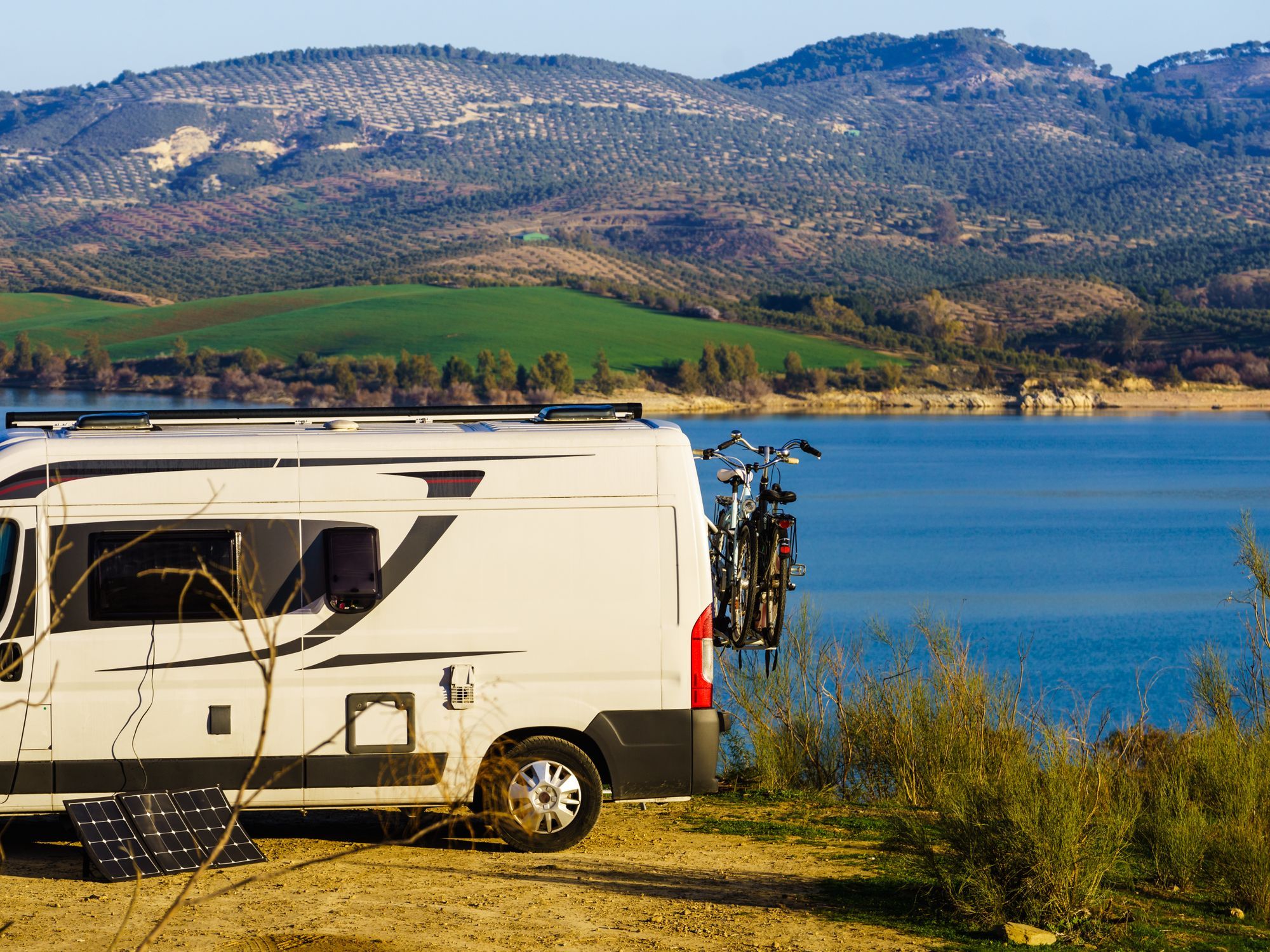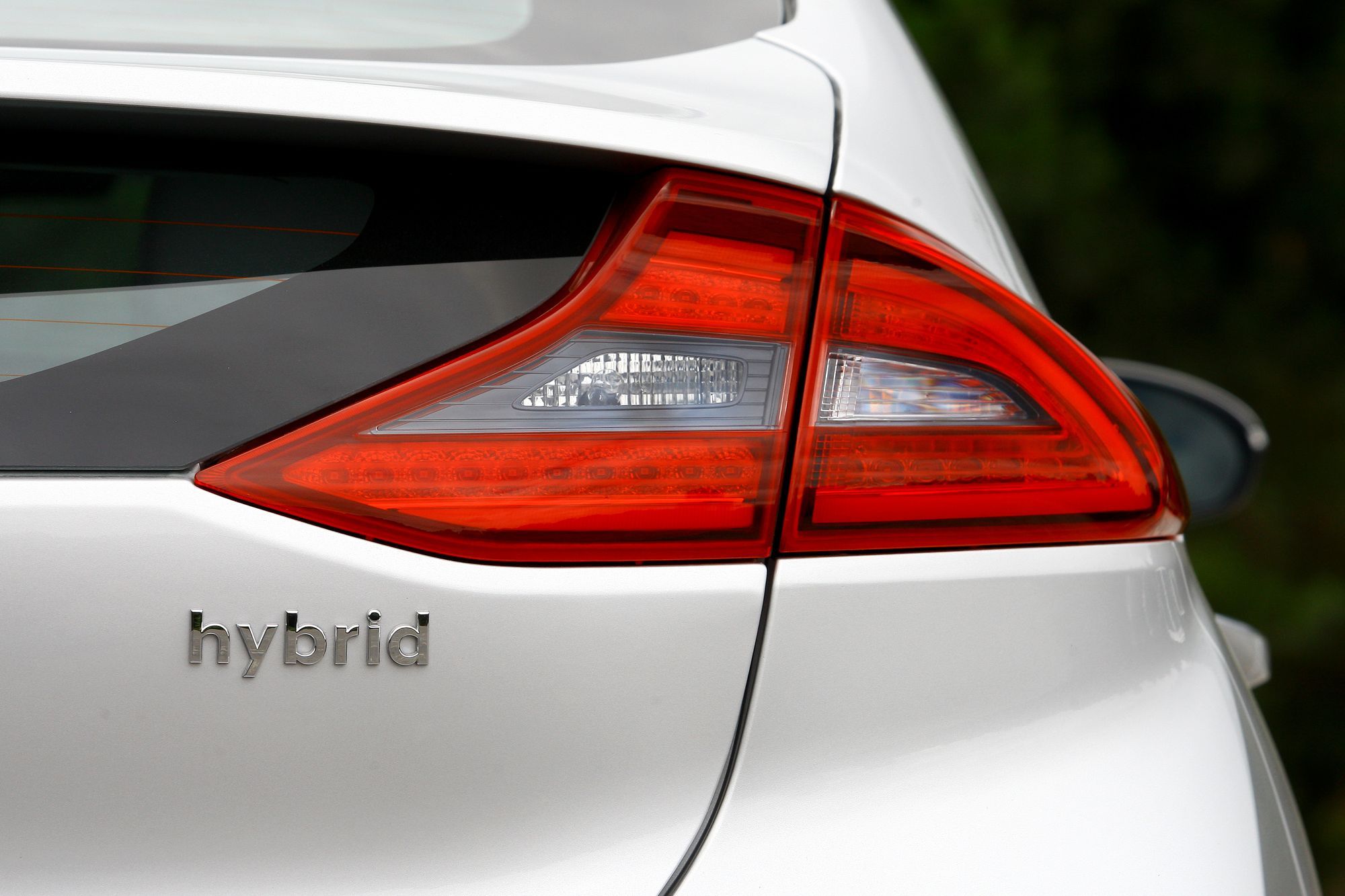If you have been searching for the class A RV as your next adventure vehicle, you have probably come across many myths. Most of them are not true. So do not let what you hear stop you from achieving a lifelong dream.
A motorhome will be an invaluable piece of investment if you like traveling with your loved ones or even alone. You don’t have to give up the comfort of being in a home while on the road. Those who own RVs have nothing but great things to say.
You should take your time and go through multiple models in the market before making the final buying decision. Unloading some common myths will help you make a more informed decision.
What Is A Class A RV?
Class A RVs are recognized as motorhomes that look like buses with large windows and tall flat fronts. They can either be gas or diesel-powered, and they are the most common type of RVs. They are the heaviest because they have everything you need on the road.
They have all the essentials, including a bathroom, kitchen, living room, and bedroom. You can take the self-contained vehicle on the road without worrying about making unnecessary stops. They also offer more storage underneath compartments. Most of them have slideouts and can tow a car behind them while on the road.
All Class A RVs Are Difficult To Drive
The first myth is that these cars are hard to drive. This makes many newbies shy away from buying the motorhome and taking it for a drive. They are not hard to drive, as big and bulky as they seem. They are actually more stable than you can imagine.
Of course, there is a learning curve for all RVs, but you will get the hang of it soon enough. The only things that might give you trouble are turning, backing up, parking, or stopping. You will hit the road like a pro if you practice a few times.
If this myth has been stopping you from getting your favorite motorhome, it's time to put it behind you. They turn just like any car, only that RVs have a wider radius. Once you sit behind the wheel, you will notice they are easy to maneuver.
You will be sitting higher than a regular driver, but that is a minor difference. Try to be more cautious of your surrounding using backup cameras and side mirrors. Remember, these vehicles can be slower to stop, so keep some distance from the cars in front of you.
You Must Have A Special License To That A Class A RV To The Road
You won't require a special license to drive the vehicle. A special license is required when it exceeds a certain length and weight. If you are towing over 10,000 lbs and your RV weighs more than 26,000 lbs, you will need the special document.
If your vehicle is under these weight limits, you are free to drive anywhere without getting in trouble. Most people generalize that since the RVs all look heavy, you must have a special license. When you purchase the motorhome, pay attention to the weight.
If you are going to be traveling across state lines, find out what each state says about the weight and length of your motorhome. These requirements differ by state; the last thing you want is to find yourself on the wrong side of the law. But usually, you have the green light when the vehicle is less than 26,000 pounds.
Class A RVs Are Huge
Yes, they can be huge, but not all of them. These vehicles weigh between 13,000 pounds to 30,000 pounds. If you want a giant home on wheels fit for a large family, you can get it. But if you also want a compact model fit only for you, they are available. How huge the vehicle will entirely depend on you.
The great thing is there are options. You won’t be stuck with a huge RV that you don’t know where to store or what to do with it. Most of them are 33 inches long and 12 to 13 feet tall. These numbers might slightly differ depending on the model, but that is what you should expect.
You won't have to compromise anything to store the small RVs. They are the most convenient, especially when you only use them alone. There is also no need to buy a huge motorhome when you only use it after years.
Class A RVs Are The Worst With Fuel Consumption
Understandably these motorhomes are larger and heavier, putting them at a disadvantage in fuel consumption. But they are not worse than any other type of RV. It won't be like driving your normal car, but it's also not insanely expensive.
However, the newer models are becoming more fuel-efficient. Most manufacturers are paying attention to the changing customer needs. If you want something cheap to maintain and environmentally friendly, you won't lack something in the market.
Consider the diesel engine because they are more fuel-efficient and they perform better. Bringing your tow vehicle will also help you consume less fuel. You can take your regular car rather than the RV when you want to explore a location further.
You should also try the shortest routes possible to your destination. Since RVs are not known for their fuel consumption, it's up to you to find ways to reduce the consumption rate. Do not overweigh the motorhome. Traveling light will also help your fuel concerns.
Class A RVs Are Only Meant For Campgrounds
This cannot be further from the truth. They may not be able to navigate some off-grid locations, but these cars can also perform in the wilderness. If you research the RV culture, you will realize many owners have taken the motorhomes to some adventurous locations.
They can be very stable on uneven grounds. This allows you to take them to non-developed camping spots or anywhere else. It's the best vehicle to take on rough camping sites because you can carry a small home with you.
It makes rough outings seem luxurious and cozy. You can personalize the vehicle and add all the things you need to make a home.
Final Thoughts
Hopefully, this takes away some of the doubts you had. The decision you make should be based on what you want or need and not what people are saying. It's always nice to do some digging before making such a purchase. That is how you find out if the class A RVs are worth it.



